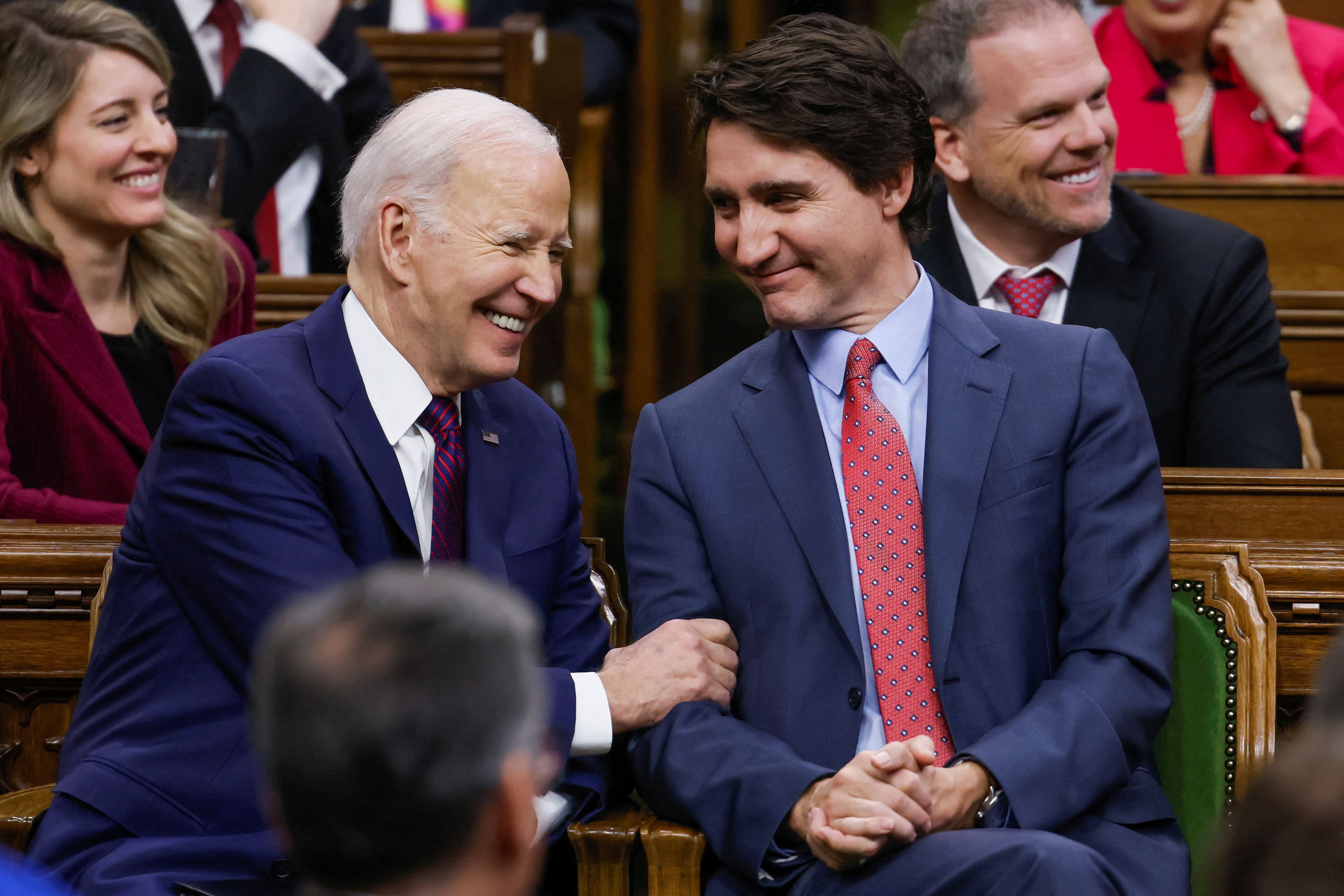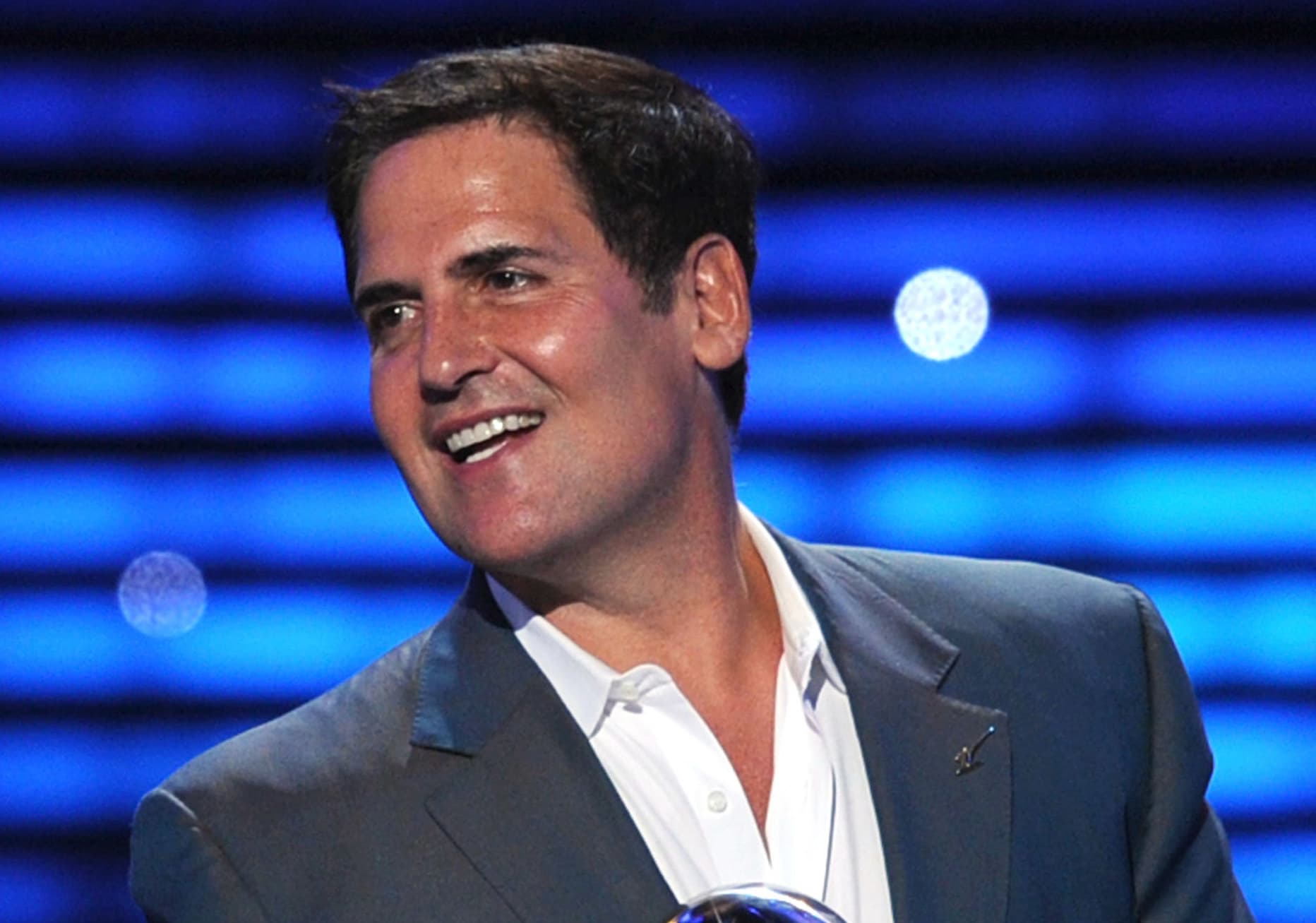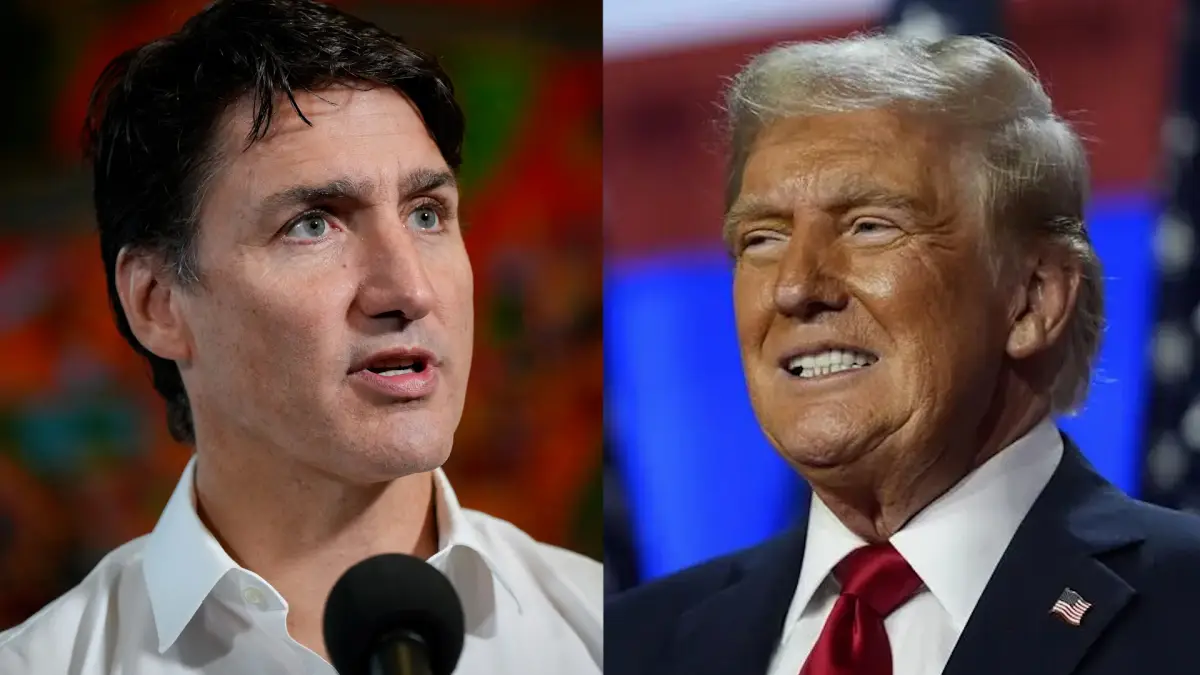Political Leadership in the U.S. and Canada's Response to Global Crises

As global crises continue to unfold, political leaders like U.S. President Joe Biden and Canadian Prime Minister Justin Trudeau have been under intense scrutiny for their responses. From the ongoing war in Ukraine to the escalating challenges posed by climate change, their leadership styles and foreign policies reveal a lot about their global roles and national priorities.
Joe Biden has taken a strong stance on foreign policy since his inauguration, prioritizing a return to multilateralism and strengthening alliances, particularly with NATO and the European Union. His administration’s response to the war in Ukraine has been a defining element of his leadership. With a commitment to supporting Ukraine’s sovereignty, Biden has spearheaded sanctions against Russia, coordinated military aid to Ukraine, and rallied Western democracies to take a united stance. This approach underscores his belief in defending democratic values and ensuring global stability.
Climate change has also been a top issue for Biden, who rejoined the Paris Agreement on his first day in office. His administration has outlined ambitious environmental goals, focusing on clean energy, carbon emissions reduction, and building resilience to the impacts of climate change. Biden’s domestic policies aim to create jobs through green energy, which also aligns with his international efforts to encourage other nations to take climate action.
In contrast, Justin Trudeau’s leadership has been defined by a blend of progressive policies on the environment and a focus on international diplomacy. Canada’s response to the war in Ukraine has been similarly robust, with Trudeau offering significant support to Ukraine in the form of military aid, sanctions against Russia, and humanitarian assistance. His leadership has been aligned with Western efforts to isolate Russia diplomatically while maintaining Canada’s traditional role as a peacekeeper in global conflicts.
Trudeau has also positioned climate change as one of his signature issues, with Canada setting ambitious carbon-neutral targets for 2050. However, his leadership has been scrutinized at home due to challenges in balancing environmental goals with Canada's dependence on fossil fuel industries. Nonetheless, he has pushed forward with a carbon pricing system, aiming to reduce emissions and transition to cleaner energy sources.
Both leaders face unique challenges in maintaining domestic support while navigating international crises. Biden’s leadership is continually tested by political divisions in the U.S., with climate change and foreign policy being contentious issues. Similarly, Trudeau’s policies on the environment and foreign aid are often met with criticism from various sectors of Canadian society. Despite these challenges, both Biden and Trudeau have demonstrated a commitment to leading through diplomacy, aligning their foreign policies with a broader vision of global cooperation and progressive ideals.
In conclusion, Joe Biden and Justin Trudeau’s responses to global crises like the war in Ukraine and climate change highlight their political leadership styles. While their policies differ in certain aspects, both leaders are working to position their countries as active participants in shaping a more stable and sustainable global future.




.jpg)

.jpg)
.jpg)
 (1).jpg)
 (1).jpg)
